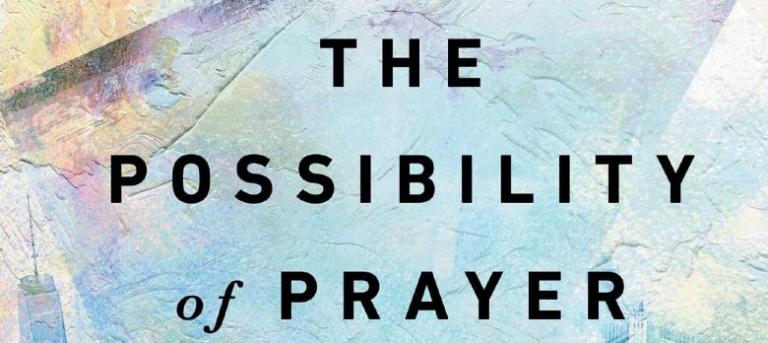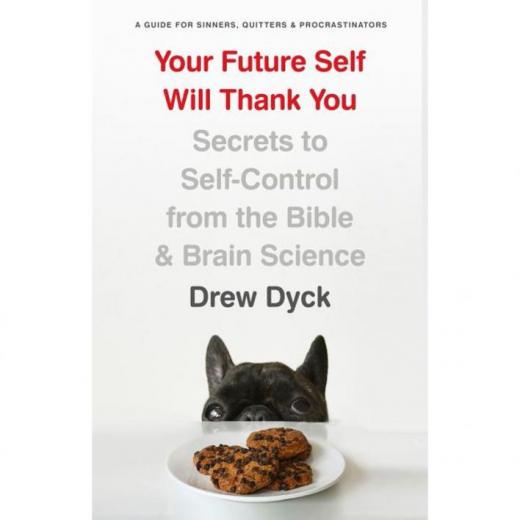
I am writing this post from the front room of our home, which my wife graciously allows me to use as my library. Over 1,500 volumes of history, theology, literature, and other subjects surround me. Much of who I am today has been shaped by these books. They have challenged me to rethink deeply held positions, helped me see issues from other people’s point of view, deepened my understanding of the Bible, and provided me with hours of entertainment.
The secret to reading a lot is to make time to read. If you wait to “find time,” you never will. With that being said, I can’t make as much time to read as I would like. I have a full-time job and am a bivocational pastor, so I read roughly half as much as I did when I was a full-time pastor. However, I still made my way through about 40-50 books this year.
This is not a list of my favorite books that were published this year, but rather those that I read for the first time.
Here are my favorite books of 2020. (If you want to see my favorite books from previous years, here are my favorite books of 2018, 2017, 2016, 2015, and 2014.)
Your Future Self Will Thank You
I love the saying, “The best time to plant a tree was 20 years ago. The second best time is now.” We often fail to think about how our current actions might affect us one month, one year, and one decade down the road. In this excellent book, Drew Dyck reminds us of the importance of self-control and how the actions we take now will affect the person we will be in the future.
He Descended to the Dead
Many Christians stumble over one of two phrases when they first encounter the Apostles’ Creed. One of them is the statement that Jesus “descended into hell” or “descended to the dead.” Some find this statement so perplexing that they think it should be removed when churches recite the creed. Matt Emerson explains this phrase in its biblical, theological, and historical context. He explains what the descent means, what it doesn’t mean, and why it is central in Christ’s work for us.
The Ascension of Christ
When Christians talk about the work of Christ for us, we rightly emphasize Jesus’s death on the cross. However, this often means that we fail to give the proper emphasis to his resurrection from the dead and ascension into heaven. Patrick Schreiner, writing in the “Snapshots” series, walks through the biblical teaching on the ascension, showing why it is an essential component in the work of Christ. He also helps us understand the ongoing ministry of Christ in the life of the Christian as a result of his ascension into heaven.
The Serpent and the Serpent Slayer
This book by Andy Naselli was one of the last I read this year and I am glad that I did. He wrote it for the “Short Studies in Biblical Theology” series and it explores the serpent and dragon passages in the Bible. He traces their usage throughout Scripture, showing how they ultimately point to the work of Christ and closes with application for the Christian life. My description could never do this book justice. It is fascinating.
Carry On, Jeeves
At the recommendation of friends, I started reading P.G Wodehouse late last year. His stories about Bertie Wooster and his butler Jeeves make for incredibly fun reading. Each story places Bertie or one of his mates in a difficult situation and they must rely on Jeeves ingenuity to fix the situation. There are full novels, such as my personal favorite, Right Ho, Jeeves!. Carry On, Jeeves is a collection of short stories and a great introduction to Wodehouse’s world. (Protip: if you are going to read Wodehouse, make sure you get the Collector’s Wodehouse editions. They have excellent binding and beautiful covers.)
American Carnage
We live in a unique political moment. The 2020 GOP is not the GOP of my youth or even the GOP of George W. Bush. I read several books this year seeking to understand the modern GOP and the Trump presidency, but Tim Alberta’s chronicle of the GOP’s civil wars from 2008-2018 was the best by far. He set out to write and accurate and faithful history of what took place, and said in the introduction that he did not write one sentence that he could not back up with information from interviews or available documents.











